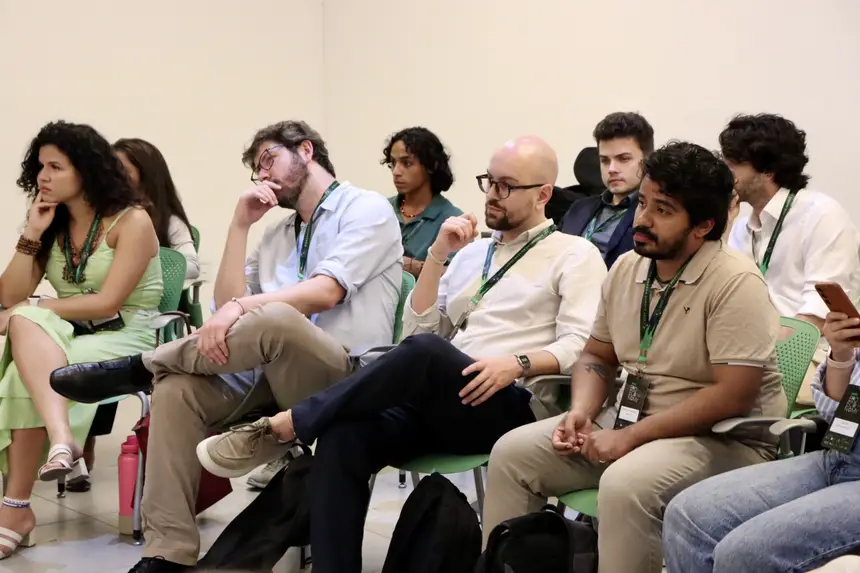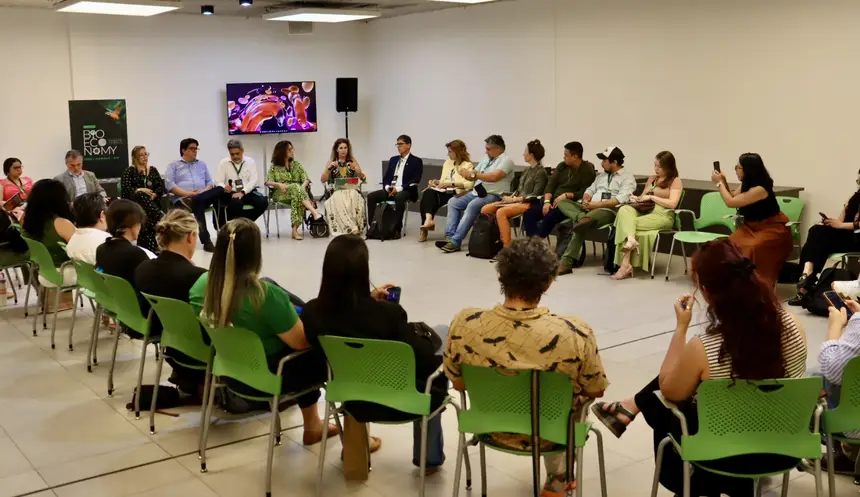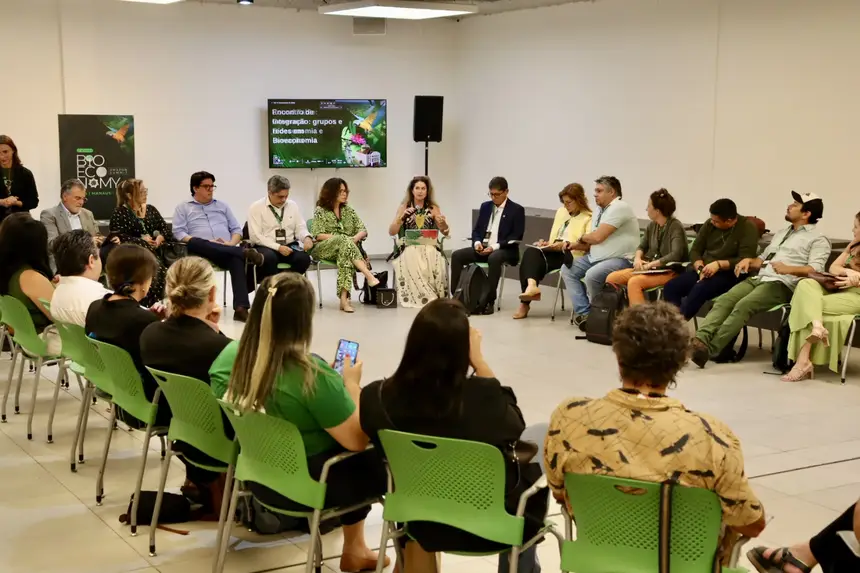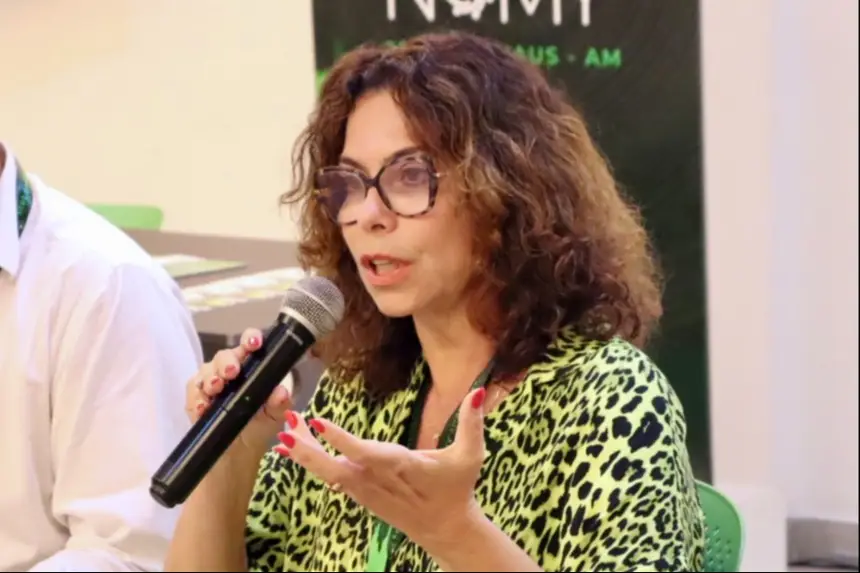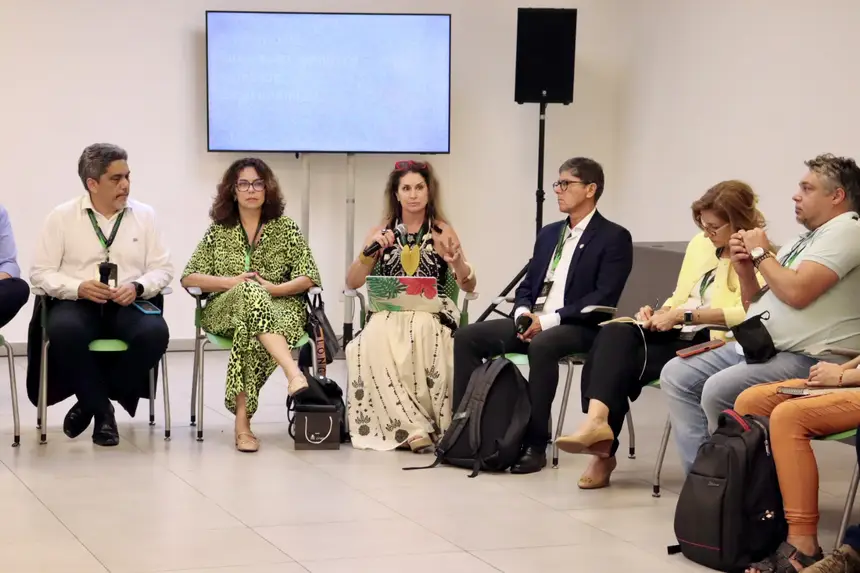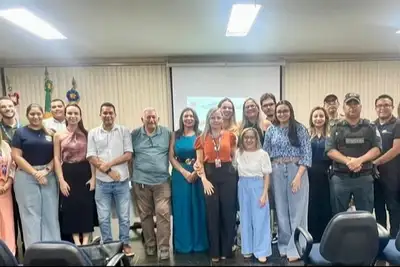Pará strengthens coordination with national agenda at the Bioeconomy Amazon Summit
The Government of Pará reinforces its commitment to a bioeconomy based on inclusion, innovation, and the appreciation of traditional knowledge at an event in Manaus (AM)
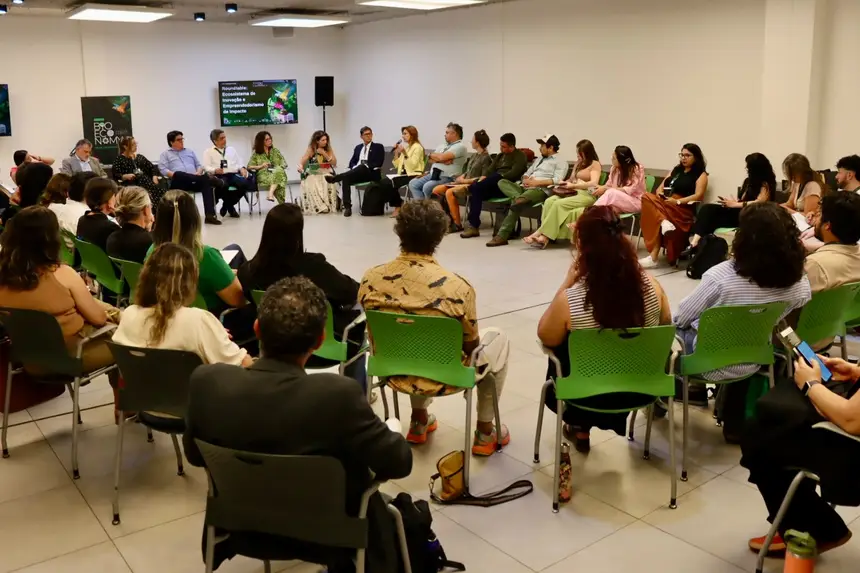
During the 2025 edition of the Bioeconomy Amazon Summit, held in Manaus (AM) last week, the Government of Pará reinforced its commitment to a bioeconomy based on inclusion, innovation, and the appreciation of traditional knowledge. The State Secretariat for the Environment, Climate, and Sustainability (Semas), through the Deputy Secretariat of Bioeconomy, participated in a series of technical and strategic agendas together with the national Secretary of Bioeconomy, Carina Pimenta, including a visit to the Amazon Bioeconomics Center (CBA).
The visit to the Amazon capital was an opportunity to explore synergies between the space and the proposal for the Amazon Bioeconomy and Innovation Park, which is being structured by the Government of Pará. The agenda also served as a convergence point between federal and state planning, focusing on strategic alignment and strengthening joint action.
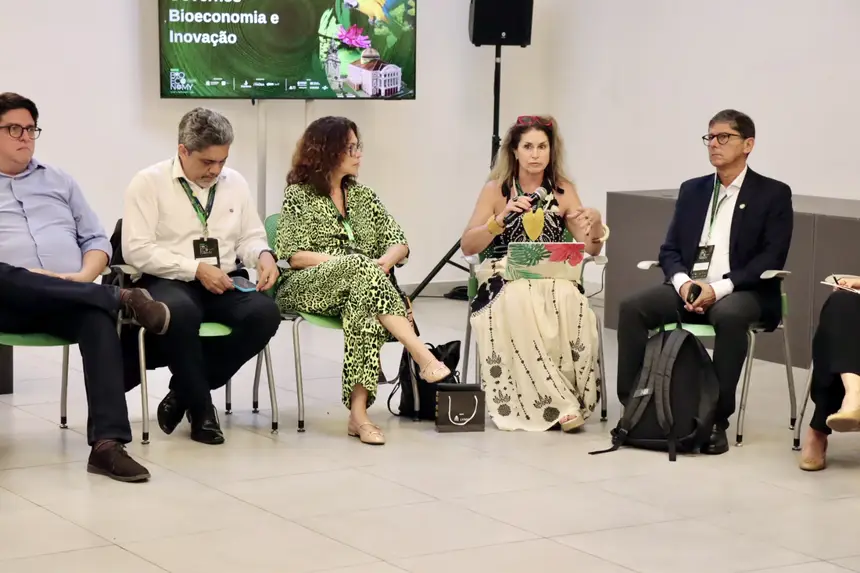
During the event in Manaus, the Deputy Secretary of Bioeconomy of Semas, Camille Bemerguy, highlighted Pará's role as a reference in building public bioeconomy policies in the Amazon:
“We are here today at the Bioeconomy Amazon Summit, an event that is in its second edition — the first was held in Belém — and we participated in an exchange table dedicated to sharing experiences among the Amazon states. We came to discuss the construction of Pará's bioeconomy plan and also to hear about the ongoing process in Amazonas. The proposal is precisely this: to inspire other states from Pará's pioneering experience, showing how bioeconomy can be an agenda for economic and social transformation, allied with the conservation of the living forest,” she stated.
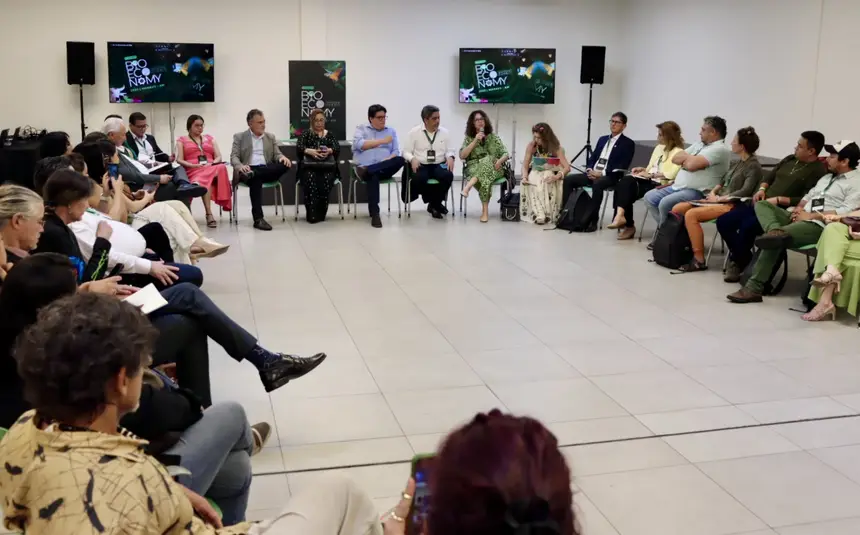
The secretary recalled that Pará was one of the first states to develop its own bioeconomy strategy, officially launched in 2022, based on a broad and participatory process. “At the time, we asked ourselves: what bioeconomy do we want for Pará?” she highlighted. The question, according to her, continues to guide the formulation of policies that seek to balance forest conservation, income generation, and technological innovation.
Camille also pointed out that bioeconomy, within the state climate policy, emerges as one of the structuring fronts of the transition to a low-carbon development model. “It is a necessary strategy built with the different actors of the Amazon,” she stated. Today, Pará's bioeconomy plan already mobilizes 18 state secretariats and encompasses more than 120 ongoing actions, directly benefiting over 400,000 people in different regions of Pará.
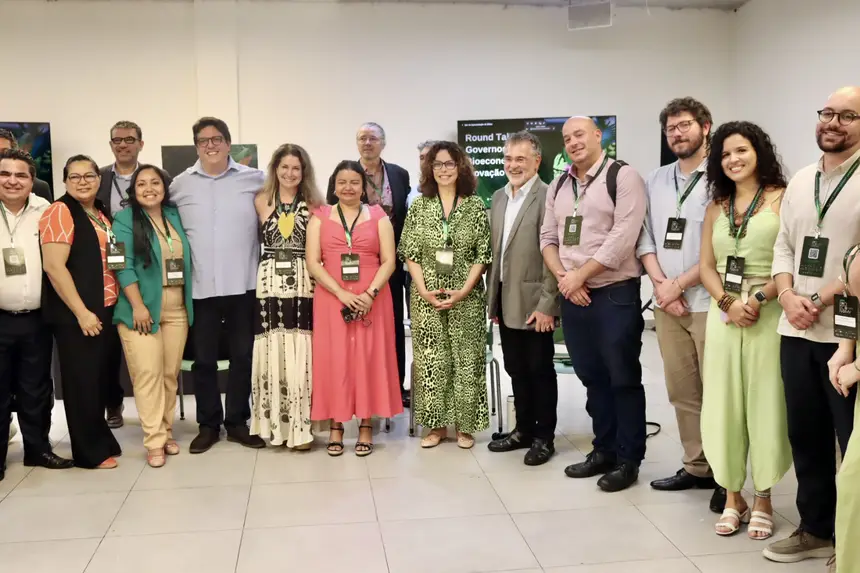
Another highlight was the presentation of the project for the Amazon Bioeconomy and Innovation Park, conceived as an innovation ecosystem that connects community businesses, startups, the private sector, and public power in a space capable of promoting synergies and generating scale for sustainable solutions.
Pará's participation in this year's edition reinforces the strategic role of the state in building a new economy for the Amazon, anchored in science, appreciation of territories, and innovative public policies. The current phase of the State Bioeconomy Plan (PlanBio) foresees the review and improvement of economic and financial instruments, aiming to ensure greater reach and effectiveness of actions in the territory.
“We can only transform realities when public policies, innovation, and knowledge meet in the territory. And that is what we are seeking with the Park and with the national dialogue,” concluded the Deputy Secretary of Semas.


